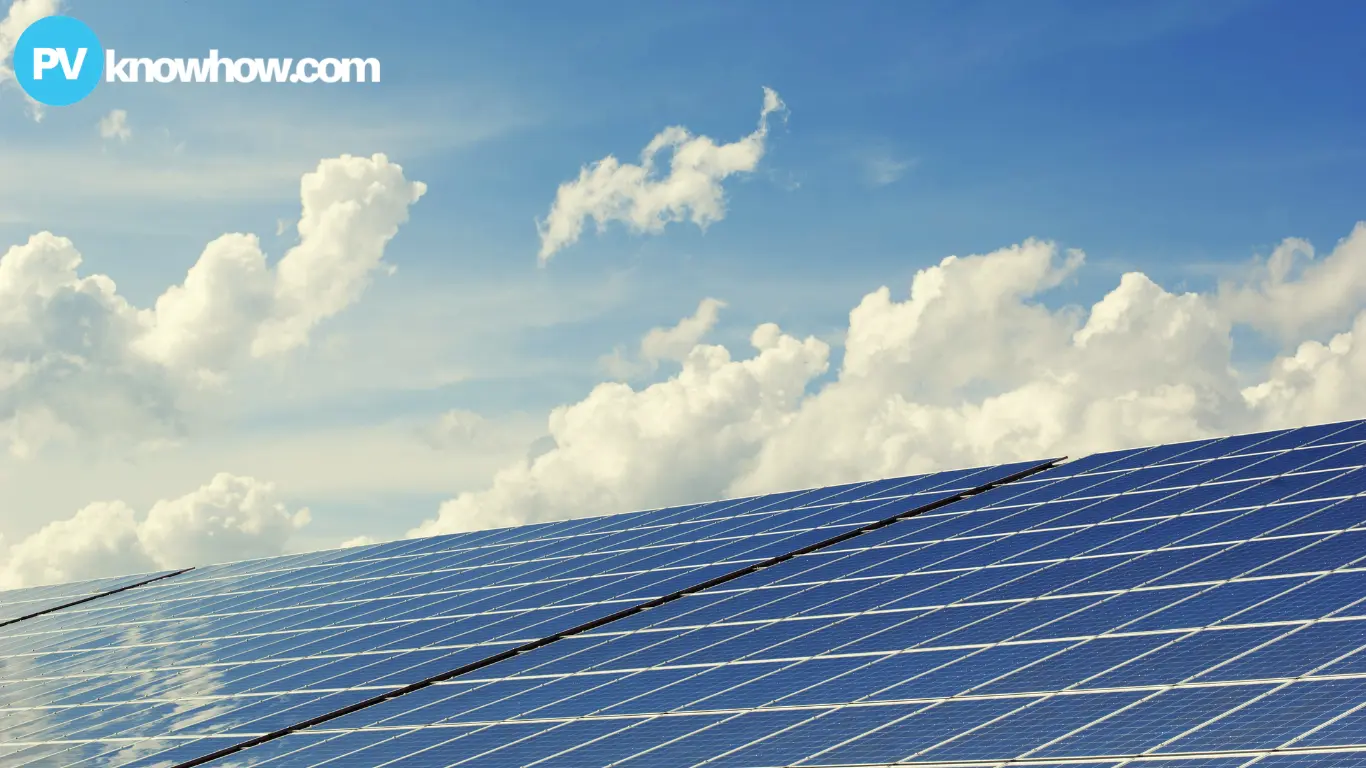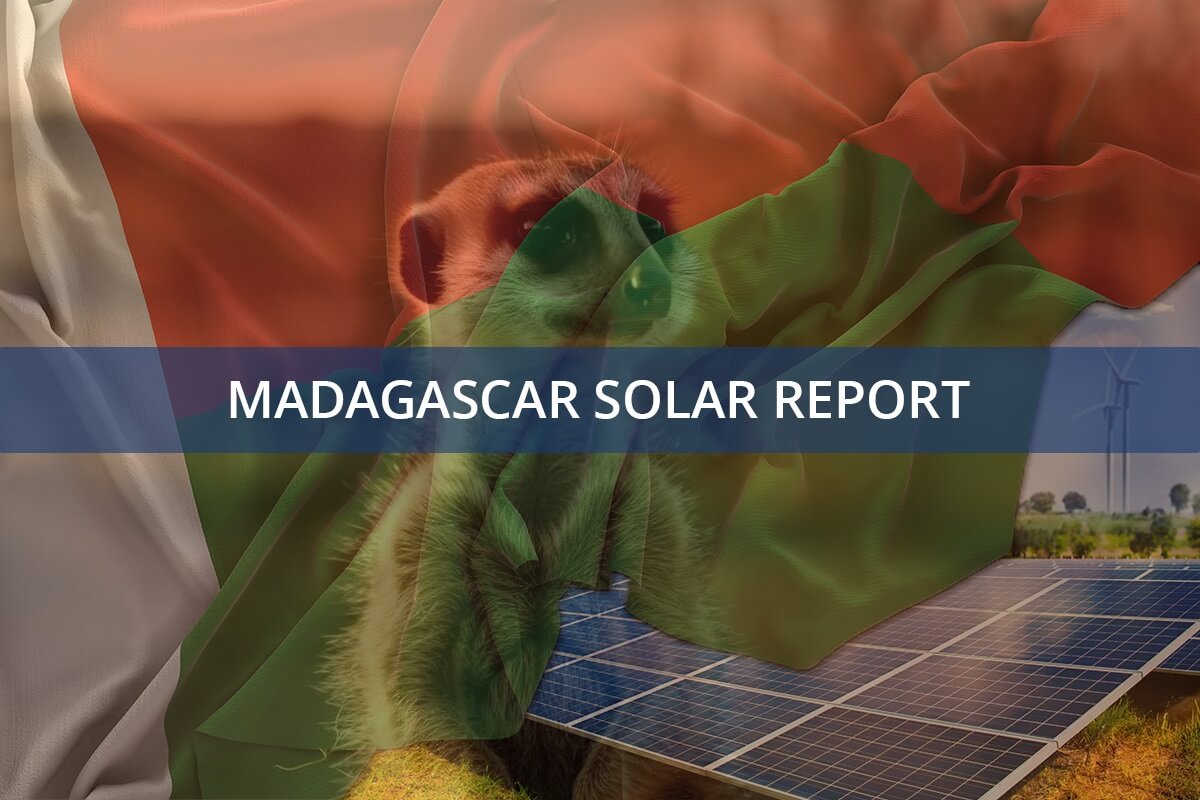UNICEF has cut operating costs in its Madagascar offices by switching to solar energy, reducing carbon emissions and eliminating diesel use. The six solar-powered sites generate 34 MWh annually, resulting in a reduction of 117.27 tonnes of CO2 emissions and a fuel savings of 43,600 liters of diesel, equivalent to approximately $48,550.
Addressing Climate Change Effects
Madagascar is one of the top ten countries where children are most at risk from climate hazards, according to the 2021 Children’s Climate Risk Index Report. UNICEF Madagascar's 2024-2028 Country Program focuses on climate change adaptation, with key objectives that include empowering communities, integrating green solutions, prioritizing sustainability, and strengthening climate impact evidence and partnerships.
In January 2023, UNICEF Madagascar embarked on a transformative journey towards sustainability by transitioning its field offices to solar power. This strategic decision was motivated by the need for reliable electricity, cost savings, and environmental benefits. By adopting solar energy, UNICEF Madagascar not only ensures continuous power supply but also demonstrates its commitment to environmental responsibility and combating climate change.
UNICEF Madagascar's field offices, located in cities with unreliable power supplies, frequently experienced power outages lasting from 15 minutes to six hours daily. The reliance on diesel generators was not only costly but also environmentally detrimental. Solar energy emerged as the perfect solution; it offers consistent power, reduced fuel costs and has a lower environmental impact.
UNICEF Madagascar's switch to solar power in its Ambovombe sub-office in February 2021 addresses the challenges posed by an unreliable public grid and supports its goal to reduce greenhouse gas emissions by 33.75% by 2025 and 45% by 2030. The organization also aims to source 40% of its electricity from renewables by 2025 and 80% by 2030.
Cutting Operational Cost With Solar
With funding from the Greening and Accessibility Fund (GrAF), UNICEF Madagascar installed solar energy systems in four field offices, totaling 92.7 KWp of power and 155 KWh of battery capacity. This setup can generate power equivalent to the daytime energy needs of 30 homes and incorporates 44 KVA inverters to enable the simultaneous operation of multiple office appliances.

Image: Collected
Additionally, support from other funding sources enabled the installation of a solar energy system in a fifth field office; while a sixth office has been powered by solar energy since 2021. This strategic shift towards solar power not only enhances workplace efficiency but also underscores UNICEF Madagascar’s commitment to sustainability and environmental stewardship.
The transition to solar energy has yielded significant benefits, particularly in reducing carbon emissions by eliminating the use of diesel fuel. Each year, the six solar-powered sites generate 34 MWh of electricity. This saves 117.27 tonnes of CO2 and 43,600 liters of diesel, equating to approximately $48,550 in fuel costs. This move not only cuts long-term operational costs but also reallocates funds to support children’s programs.
To maximize the efficiency of the solar energy systems, UNICEF encourages staff to adopt energy-saving practices such as unplugging or turning off devices at the end of the day. This optimises air conditioning by keeping windows closed and staggering the use of high-power devices to avoid system overload.
Supporting Education With Solar Solutions
The benefits of renewable energy extend beyond UNICEF's operations. For instance, the Ambataria Secondary School which was supported by UNICEF Madagascar has improved learning conditions and promoted education through renewable energy initiatives. This approach ensures the continuity of essential services like child immunization programs and awareness campaigns, even in areas with limited electricity access.
“Solar energy provides consistent power, so we can work without worrying about outages. Furthermore, this energy source is eco-friendly and allows us to both work and take care of the environment. Ideally, all regional offices would be equipped similarly,” said Misaina Rakotondratsima, Education Officer at the Fort-Dauphin Office.
UNICEF Madagascar’s solar energy transformation is a testament to the organization’s commitment to creating a sustainable and resilient infrastructure for children’s services. This initiative not only enhances operational efficiency but also exemplifies a proactive approach to environmental responsibility, setting a precedent for future endeavors.

